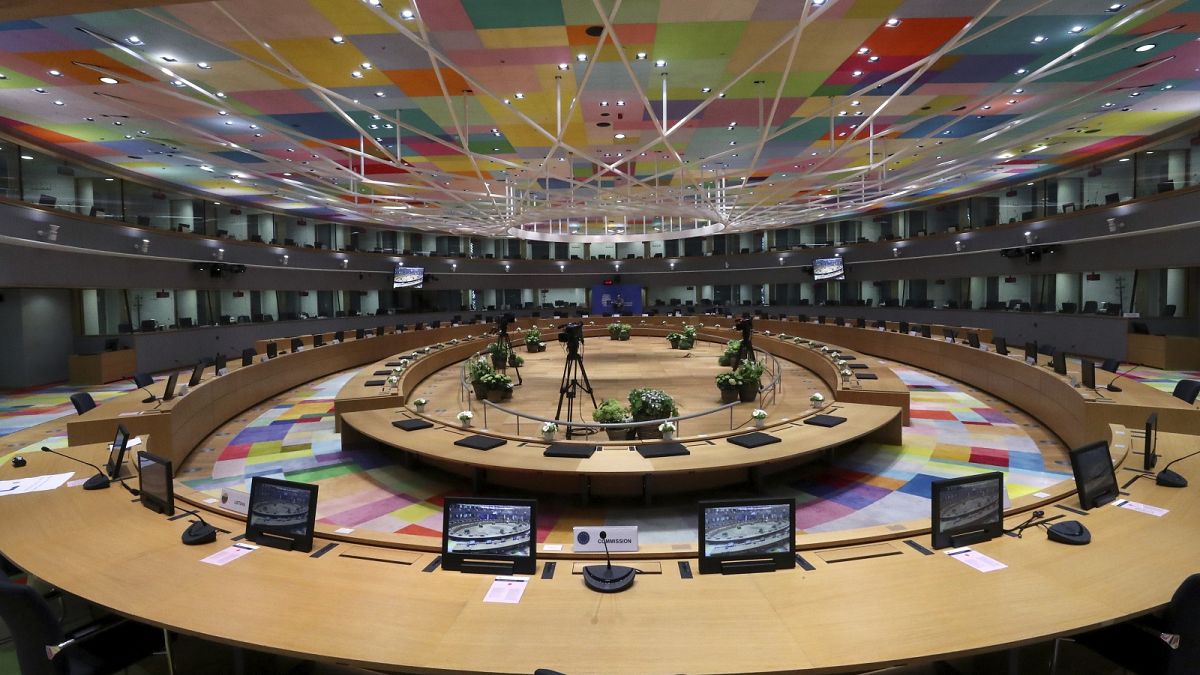Angela Merkel is right to be concerned about fuelling support for populist authoritarians by tying EU budget funds to the rule of law. But that doesn't mean the EU can't punish such regimes financially further down the line.
The EU should not be funding populist authoritarian governments, like those in Hungary and Poland. The whole purpose of the EU is to improve the well-being of its citizens and promote their freedoms. It makes no sense to fund governments that are so obviously working against these aims.
Many net contributor governments (those paying more into the EU budget than they take out), which are also concerned about the rule of law in countries like Hungary and Poland, tend to agree. They are reluctant to sign off on the EU’s Coronavirus Recovery Package and its new 7-year spending plan, the Multiannual Financial Framework (MFF) unless access to that money is conditioned on respect for the rule of law. A legislative proposal that would create a conditionality mechanism is currently being negotiated by governments in the EU's Council.
The group of countries that insist on a conditionality mechanism once included Germany, which appears to have modified its position. Because of the economic impact of the pandemic, Merkel favours a fast agreement on both the recovery package and the MFF to support hard-hit countries. Otherwise, she fears Eurosceptic populists in southern Europe will capitalise on the EU's failure to help mitigate the recession.
Hungary's Viktor Orbán has threatened to veto any agreement on the MFF and the recovery package if conditionality over the rule of law is on the table. He likely has Poland's support. Charles Michel, the EU Council President, has suggested a compromise on the conditionality proposal in an effort to get clear the blockage and get it passed.
The Commission's original proposal would allow it to trigger the mechanism unless a qualified majority of governments were to block it. Charles Michel's proposal turns this on its head, meaning that the mechanism could only be activated if a qualified majority of governments were to support it. In practice, this would make it very difficult to ever use the mechanism because it could be blocked by a small number of governments. This solution might be acceptable to Hungary and Poland.
Rather than working with Charles Michel's toothless compromise, the most pragmatic course of action is for Merkel to take the conditionality proposal out of the Recovery Package and MFF negotiations. There are indications she might do this. This is the best option for governments that want to pass the budget while also making sure their taxpayers’ money isn't used to fund corruption or authoritarianism.
The conditionality proposal never needed to be part of budget negotiations to begin with. Governments chose to bundle it with budget talks, and wanted to get the mechanism approved unanimously, along with the MFF. This seemed feasible because problematic governments, like Hungary and Poland, were not in such a strong position to object, given their heavy reliance on EU money. But the urgency of economic recovery has strengthened the hand of authoritarians, who can threaten to block a budget agreement that other countries want passed urgently.
If Merkel brings the conditionality proposal back after the recovery fund and MFF are passed, she is more likely to get agreement on the Commission’s original (and also better) proposal. That's because procedures allow this specific law to be adopted using normal majority voting, rather than the unanimity required for the budget as a whole. This way, the EU's authoritarians won't be able to stop it passing - and stealing public resources while strangling liberties will become considerably costlier.
- Dr Israel Butler is Head of Advocacy at Civil Liberties Union for Europe (Liberties)
____________
Are you a recognised expert in your field? At Euronews, we believe all views matter. Contact us at view@euronews.com to send pitches or submissions and be part of the conversation.
